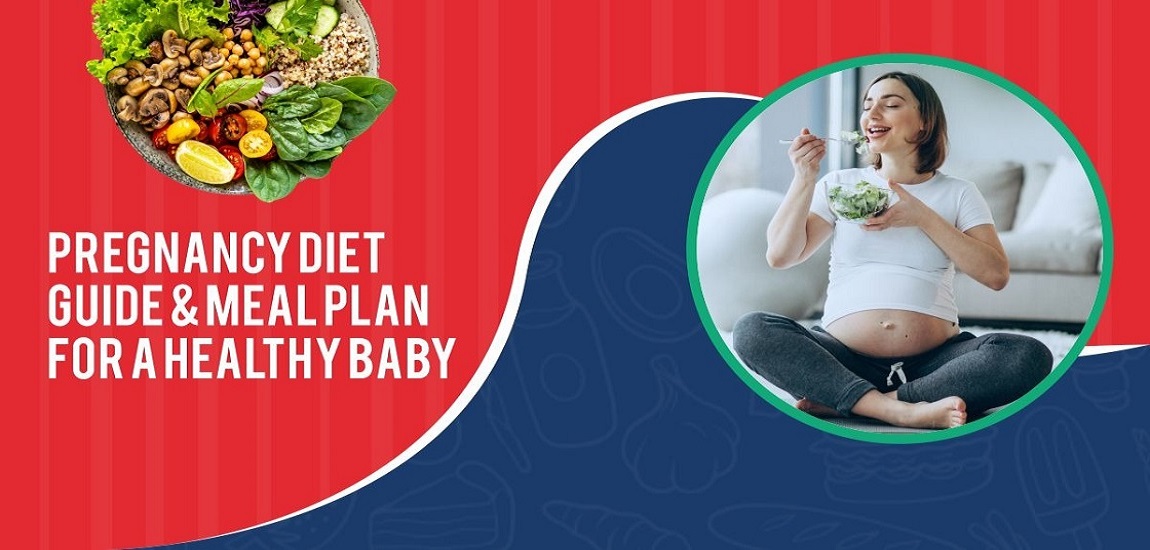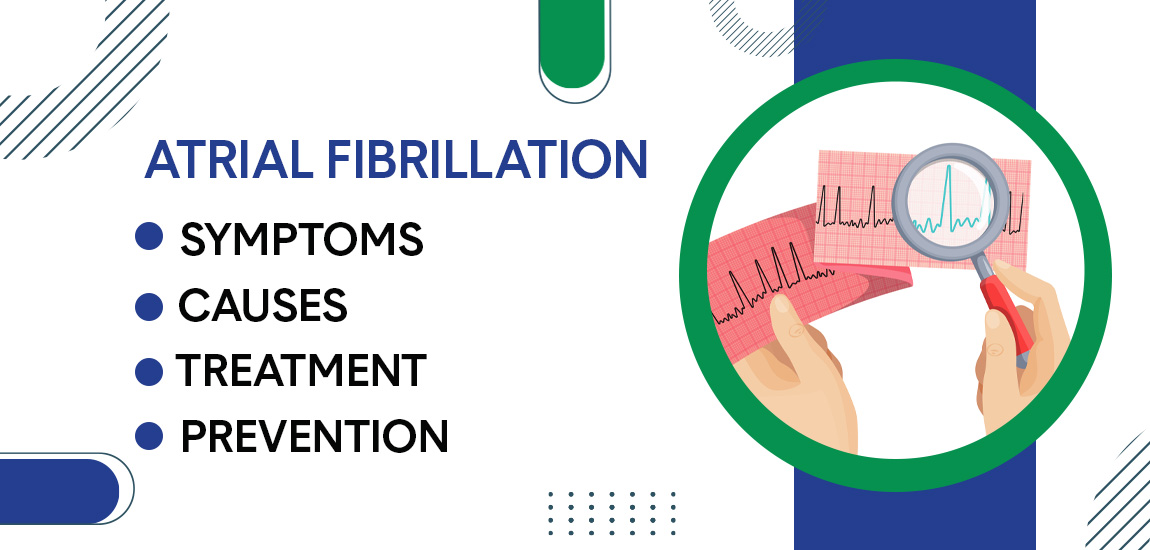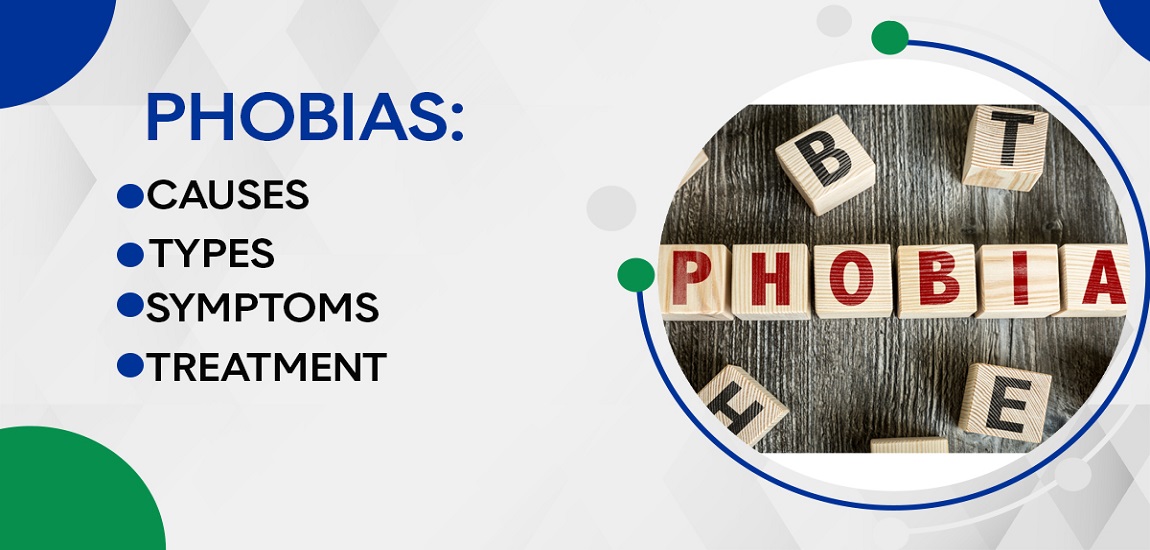
- By JRSH Admin
- In Health and Tips,
- Posted August 25, 2021
Pregnancy Diet Guide & Meal Plan for a Healthy Baby
INTRODUCTION
I am delighted to hear that you are pregnant and wish you all the best. You are probably wondering how you can support your new life once you get over the initial excitement and shock.
You may have been told by your doctor what foods to avoid, not to drink alcohol, and to reduce caffeine, but I doubt anyone has yet given you advice on what to eat. Here's a pregnancy diet in action.
Prenatal diet guidelines are simple and easy to follow to create a healthy pregnancy. Eating habits vary according to time and place and sometimes are governed by necessity.
When a pregnant woman has morning sickness, she may choose a snack for breakfast and a large evening meal, but in the last trimester, when heartburn is more frequent, she may pick a larger breakfast and a light evening meal. To deal with all the situations during pregnancy, a pregnancy diet guide is essential to look for.
While much focus is placed on avoiding risks during pregnancy and birthing, did you know that eating well during pregnancy can also boost your baby's IQ, reduce their obesity and disease risk, make birth easier and less painful, and speed recovery postpartum?
All aspects of better baby health are linked to diet, what food is eaten and how much is eaten. As we continue, we will be able to clarify these questions.
DIET GUIDE DURING THE PREGNANCY
First-trimester pregnancy diet plans:
Your baby is an embryo consisting of two layers of cells, during the first month of pregnancy. From here, all organs and body parts will develop. A baby's size will be roughly equivalent to a kidney bean by the middle of the second month. They will have distinct, webbed fingers. The baby is around 7 to 8 cm (3 inches) long and weighs the same as a pea pod in the third month of pregnancy. Now, tiny fingerprints are recognizable.
While this trimester time period requires plenty of nutrients to stay healthy and happy, we have highlighted some nutrients that are especially important for your baby's development as you enter your first trimester.
Vitamin B6, iron, folic acid, and vitamin E are among the most important nutrients during the first trimester.
- Folic acid can help prevent birth defects, including spina bifida and cleft palates, from developing in the baby's neural tube. Green leafy vegetables (spinach, cabbage, lettuce, broccoli, parsley), whole grains, and legumes (lentils, beans, chickpeas) are folate-rich foods.
- Having enough iron in your body is essential for producing healthy red blood cells. You may feel fatigued and breathless if you do not have enough iron. Due to the high incidence of iron deficiency anemia in India (low hemoglobin levels), this nutrient is important during pregnancy.
- It is common to feel queasy in the morning and have difficulty eating much. Some evidence suggests that vitamin B6 might alleviate nausea. Effective, natural treatment for nausea and vomiting during early pregnancy is 40 mg taken twice daily.
- Alternatively, ginger has been found to provide nausea relief that is similar to that of the leading anti-nausea drugs. Grating 2 Tbsp. will yield the best results. Drinking hot ginger tea, chewing crystallized ginger sweets throughout the day, or adding powdered ginger to food.
- Low vitamin E status was linked to an increased risk of miscarriage in the study. You should take a good source of vitamin E to prevent these conditions. You can eat raw almonds, avocados, sunflower seeds, hazelnuts, olive oil, and egg yolks.
- Additionally, keep yourself and your baby hydrated by drinking at least 10 glasses of water every day as well as eating fluid-filled fruits and vegetables.
Second-trimester pregnancy diet plans:
Greetings from your second trimester! At this point, your baby weighs 140g (5oz) and is around 13cm long (5 inches). From rubbery cartilage to bone, the skeleton is hardening. During this month, you will usually begin to see your baby bump. The elbows and eyelids of your baby will now be visible in the fifth month of pregnancy. The baby is about 27cm (10.5inches) long.
In this month, you will likely notice a bump in your stomach, and your energy will increase. Your baby may begin to kick this month! Around the end of the sixth month of pregnancy, your baby will weigh approximately 660 grams (1.5lbs). Skin wrinkles are starting to stretch as the baby puts on fat.
The bone and brain development of your baby occurs in the second trimester. For healthy bones, you need plenty of calcium and vitamin D, and omega 3 is essential to the development of your child's brain.
- In India, anemia (low Hb) is extremely common, especially among vegetarians. Make sure you consume good-quality proteins like eggs and free-range meat (organic/grass-fed whenever possible).
- Vegetarians should consume leafy greens, beans, and legumes with every meal, along with a source of vitamin C (such as a squeeze of lemon juice or some capsicum/peppers) as this enhances the body’s uptake of iron from non-animal sources and also Vitamin C is needed throughout pregnancy to make collagen. A protein provides structural support to cartilage, tendons, bones, and skin. Additionally, it protects the body from infection.
- Iron deficiency during pregnancy can cause fatigue for the mother and the low birth weight of the baby.
- Betacarotene, a form of vitamin A that helps us maintain healthy blood and skin is another nutrient we have marked in our meal planners for the second trimester. Additionally, drink plenty of water and eat plenty of fruit.
- Around these months, constipation, bleeding, and fluid retention are common concerns. Managing this involves avoiding excess salt (processed foods).
- A pregnant woman's calcium intake is vital on many levels, not just for her growing teeth and bones, but for their heart, nerves, and muscles as well. Sardines, almonds, tahini, green leafy vegetables, and dairy products (if tolerated) are all good sources of calcium.
Third-trimester pregnancy diet plans:
Your third trimester has begun! Your baby is now more than 40cm (15 inches) long in the seventh month of pregnancy. Their eyes can open and close, allowing them to observe the world around them. At the end of the second month, the baby weighs about 2.4kg (4.7lbs). The fat layer is filling out and the lungs are well developed. Nine months of pregnancy is almost over. Their length from head to toe is often more than 51 cm (20.5 inches) and they weigh around 3.4kg (7.5 pounds) at birth.
Growing and gaining weight are common characteristics of pregnancy in the third trimester. Consequently, you'll gain weight rapidly. Eat a balanced and healthy diet and you shouldn't have too much trouble losing weight. You will need more energy as your baby builds layers of fat.
- Providing the fetus with adequate protein during pregnancy is crucial to its development. For a healthy pregnancy, women should consume 80 grams (2.8 oz) of protein per day. The consumption of this amount of protein each day has been linked to a reduced risk of developing preeclampsia, morning sickness, and other complications. Eggs, meat, fish, dairy products, legumes, nuts and seeds, grains, etc., are high in protein.
- Baby's brain is growing and developing the fastest in the third trimester, so make sure you drink plenty of omega-3 fatty acids, such as those found in nuts, seeds, oily fish like salmon, and flaxseeds.
- Clotting of the blood, which is essential after childbirth, depends on vitamin K. Thus, it is recommended that you consume plenty of vitamin K-rich foods during your third trimester (like berries, avocado, cherries) so that your body is not deficient in this nutrient at birth.
- In addition to iron in the first and second trimesters, your third trimester also needs iron to prevent anemia. A woman who is anemic and the condition goes untreated is more likely to have premature labor.
- Preterm labor risk is significantly reduced when garlic intake is increased during the final month of pregnancy. Garlic is thought to have antimicrobial properties that reduce infections of the urinary and genital tract, which can lead to premature birth. Try snacking on raisins, adding raisins to salads or rice dishes for a sweet taste, or adding them to your meals to reduce the risk of premature labor.
Is it necessary to take supplements for my pregnancy diet?
The best way to provide your baby with all the nutrients you need is to eat a well-balanced and healthy diet. In addition, food is often more readily absorbed by the body than supplements.
During pregnancy, even the healthiest of diets require supplements. Don't stop taking supplements prescribed by your doctor.
Pregnant women should take folic acid supplements during the first trimester of their pregnancy. You will be prescribed iron and calcium supplements in the second and third trimesters. Diet preferences, such as whether you are a vegetarian or non-vegetarian, will determine how often you need calcium and iron pills.
Your doctor may also advise you to take a vitamin D supplement during early pregnancy if your blood tests reveal a low level. Many women are especially deficient in vitamin D, which is a nutrient that helps the body absorb calcium and increases bone density.
Last but not least, never use supplements without a doctor's prescription.
DIET TIPS:
- In the morning, eat a carbohydrate-rich snack 15-20 minutes before you get up - this will help to settle your stomach before you begin your day. If you wake up tired, keep some plain crackers or bread next to your bed.
- Smaller, more frequent meals (six meals rather than three) are healthier. Between meals, don't become too hungry.
- Make sure you eat easily digestible foods.
- Instead of drinking liquids with food, try to do so between meals.
- Avoid high fat, fried, and spicy foods as these can make you feel nauseous.
- Whenever you feel nauseated, drink plain soda water throughout the day.
- Foods you should not consume during pregnancy are Raw/undercooked meat, Cold cuts of cured meat, Raw fish (sashimi/sushi), Soft cheeses, Salad bars, Raw eggs (and foods that contain them), Unwashed fruit and veg, and high levels of caffeine (coffee, black tea).
CONCLUSION:
Prenatal nutrition is crucial for the development of a healthy baby, minimizing complications, and continuing after birth.
Researchers have found that a healthy diet throughout pregnancy can lower the chances your baby will become obese, diabetic, and suffer from heart disease later in life.
By consuming a pregnancy diet and particular probiotics during your pregnancy, you can greatly reduce the chances that your child will develop asthma, eczema, and allergies after they're born.
Physical symptoms such as nausea, bloating, and mood changes can occur as a result of hormonal imbalance. An effective diet plan can assist you in coping with these changes.
Tags
Blog Search
Latest Posts
-
Thyroid Disease: What It Is, Causes, Symptoms & Treatment
July 12, 2025 -
Arthroscopy Surgery: Procedure, Benefits, and Recovery
July 04, 2025 -
What Are the Symptoms, Causes and Treatments of High Cortisol Levels?
June 16, 2025 -
7-Day Diet Plan For Diabetic Patients
May 16, 2025 -
What Is the Normal Sugar Level After Meals & How to Lower It Quickly with Food?
May 09, 2025




